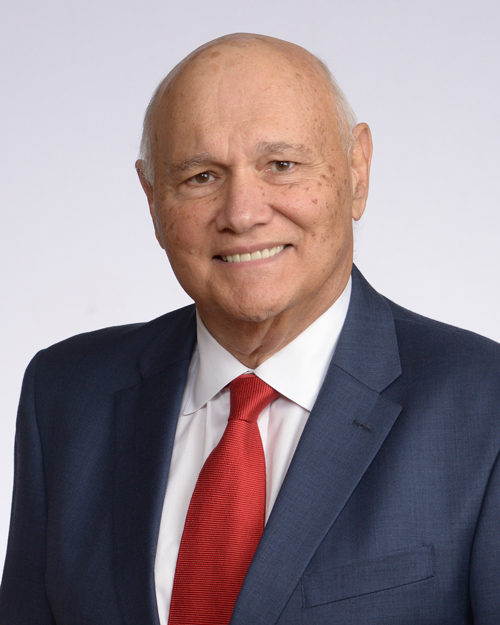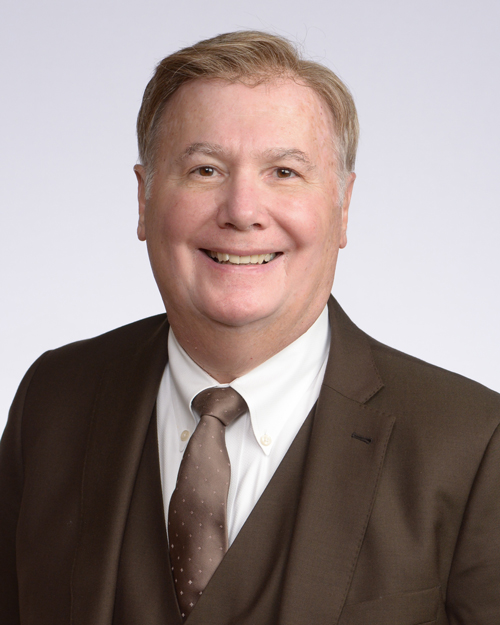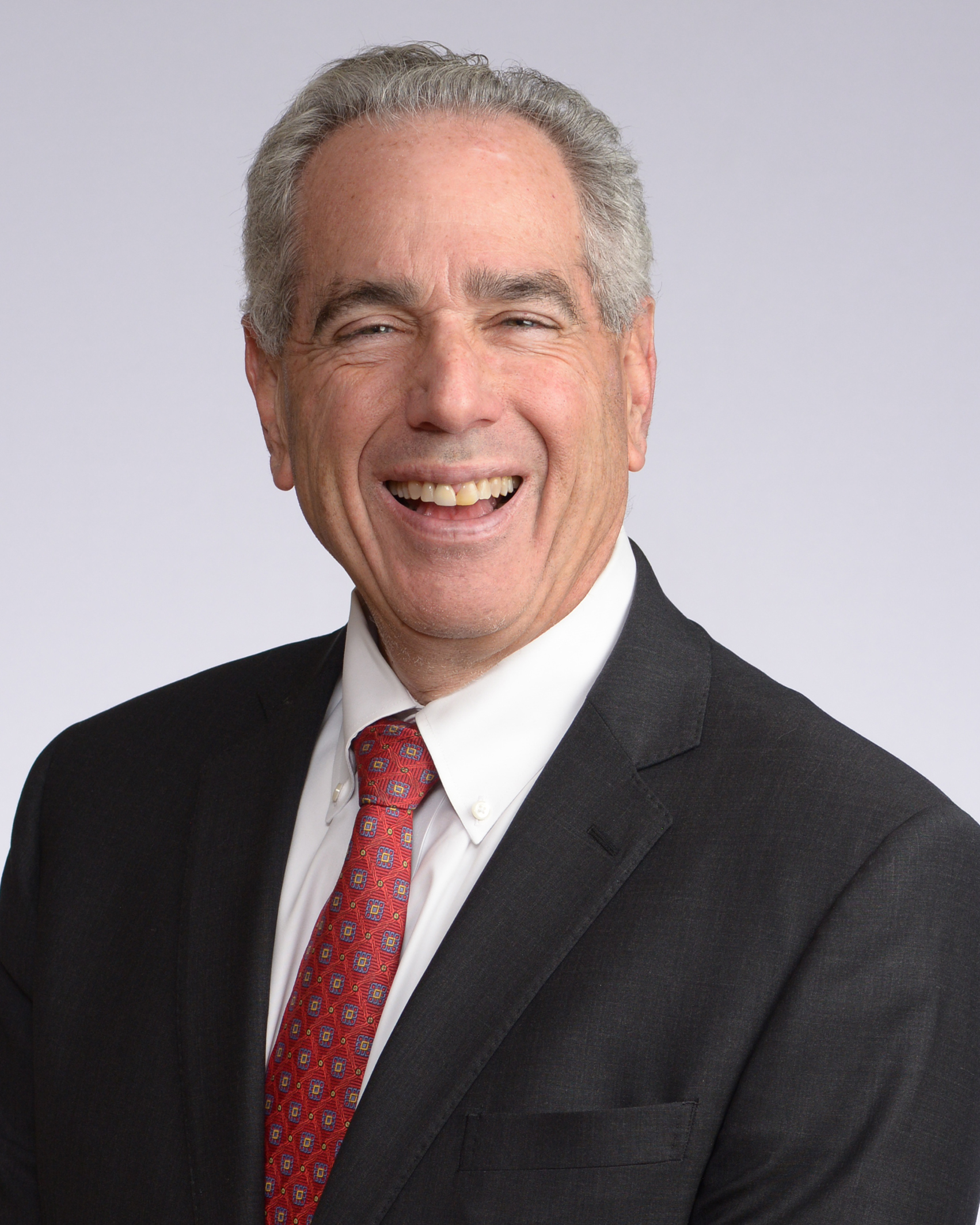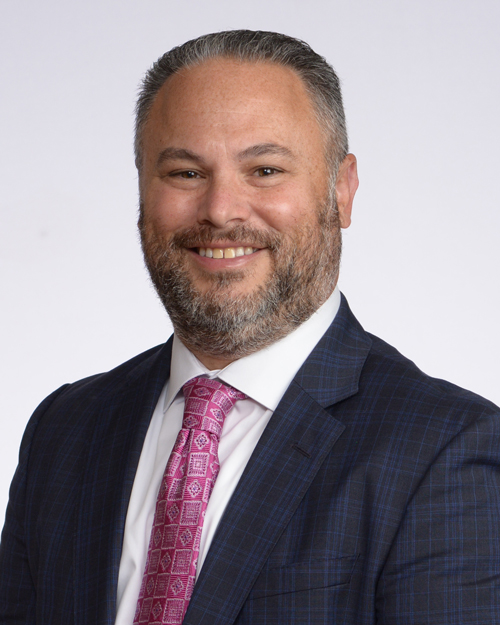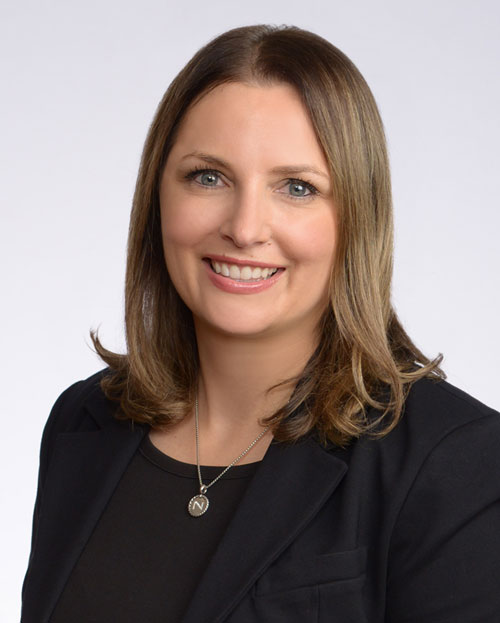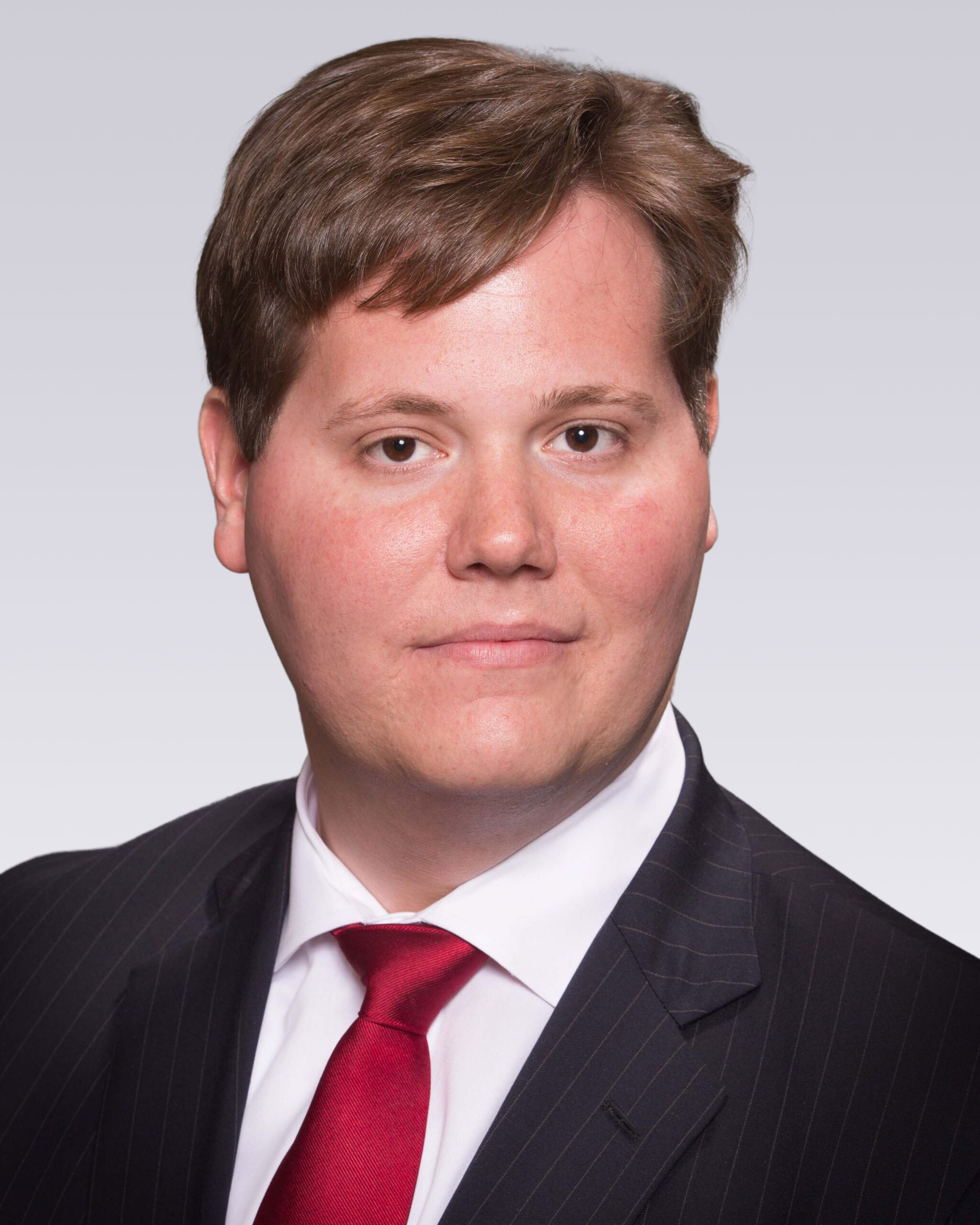Recent studies, including a 2016 study by Johns Hopkins, have identified a number of factors that can contribute to medical malpractice at nursing home facilities, including understaffing, long shifts, and lack of communication. The New Jersey Department of Health recently reported on another risk that may also harm patients: bullying – or aggressive behavior between members of the health care team.
When healthcare providers bully one another, teamwork may be inhibited, communication obstructed, and proper care of the patient may be delayed or neglected—in addition to reducing morale and productivity and contributing to absenteeism, both of which can increase error rates by placing additional burdens on other staff.
Researchers looked through records in the New Jersey Patient Safety Reporting System (PSRS) and identified 44 situations in which a patient was injured and bullying was involved. In most of these situations, the patient was not the target or the aggressor in the bullying situation. Rather, the bully was a member of the patient's healthcare team, and so was the bully's target.
Bullying on health care teams in the study was linked to several different types of medical errors. The most common was an error relating to a procedure, treatment, or test, such as ordering the wrong test or reading the results incorrectly. Complications arising from procedures, treatments, or tests were the second most common, followed by medication errors.
Researchers recommended that hospitals and other health care facilities focus on eliminating bullying on their teams through building culture, training team members in assertiveness, and similar tools. They noted that reducing bullying is essential to providing proper patient care and can also benefit health care facilities in other ways by improving the productivity, focus, and morale of the workforce.
If you've been injured due to medical negligence or carelessness, don't hesitate to talk to an experienced New Jersey medical malpractice lawyer from Lombardi and Lombardi, P.A. who can help you seek the compensation you need. Contact us using our online contact form or call us at 732-906-1500 for a free consultation.
The articles on this blog are for informative purposes only and are no substitute for legal advice or an attorney/client relationship. If you are seeking legal advice, please contact our law firm directly.
- About
- Practice Areas
- Personal Injury
- Motor Vehicle Accidents
- Premises Liability
- Products Liability
- Nursing Home Abuse
- Workers’ Compensation
- Medical Malpractice
- Employment Law
- Alternative Dispute Resolution
- Case Results
- Client Reviews
- Resources
- Areas We Serve
- Contact
- ESPANOL
Menu
- ▼About
- ▼Practice Areas
- ▼Personal Injury
- ▼Motor Vehicle Accidents
- ▼Premises Liability
- ▼Products Liability
- ▼Nursing Home Abuse
- ▼Workers’ Compensation
- ▼Medical Malpractice
- ▼Employment Law
- ▼Alternative Dispute Resolution
➜ - ▼Case Results
- ▼Client Reviews
- ▼Review Us
➜ - ▼Resources
- ▼Areas We Serve
- ▼Contact
- ▼ESPANOL

